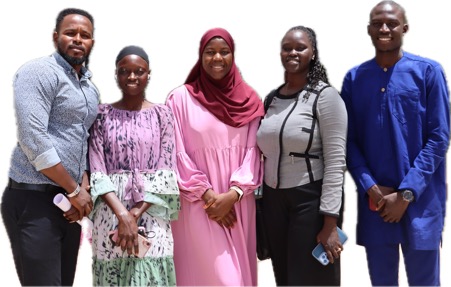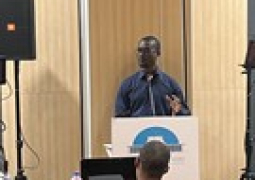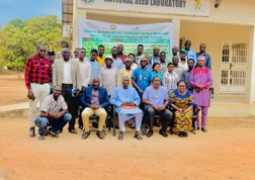
The call was made while presenting their position paper before the Joint Committee of Health, Gender, Children and Social Welfare, of the National Assembly recently.
They also recommended that they engage communities through dialogue and empowerment initiatives involving religious and community leaders, traditional birth attendants, and youth advocates.
“Strengthen the health sector to provide comprehensive care and support such as medical treatment and psychosocial services for survivors.”
The NYP also highlighted the need for authorities to invest in research and data collection to better understand the prevalence and consequences of FGM/C and inform targeted interventions.
“Enhance international cooperation and collaboration to leverage on technical expertise and resources in the global movement to end FGM/C.”
They also call for a coordinated and multi-sectoral approach involving government agencies, civil society organisations, religious and community leaders, and international partners to address the underlying factors driving FGM/C and promote gender equality.
“Together, we can attain a Gambia where every young person can thrive and fulfill their potential, and be freed from all forms of harmful traditional practices.”
As advocates for the general wellbeing, protection and empowerment of young people, especially young women, the NYP stands firmly against the repeal of the law banning FGM/C and calls for more stratification for its effective implementation,” the emphasised.
“We stand in solidarity with survivors and affected communities, affirming their right to bodily autonomy, health, and dignity. We urge the National Assembly to uphold the ban on FGM/C and reject any attempts to medicalise or legitimise this harmful practice. Instead, we call for comprehensive measures to address the root causes of FGM/C, including increased community engagement, education, and access to healthcare and support services. It is imperative that we safeguard the rights and well-being of young girls and women, ensuring a future free from gender-based violence and discrimination.”
Read Other Articles In National News





